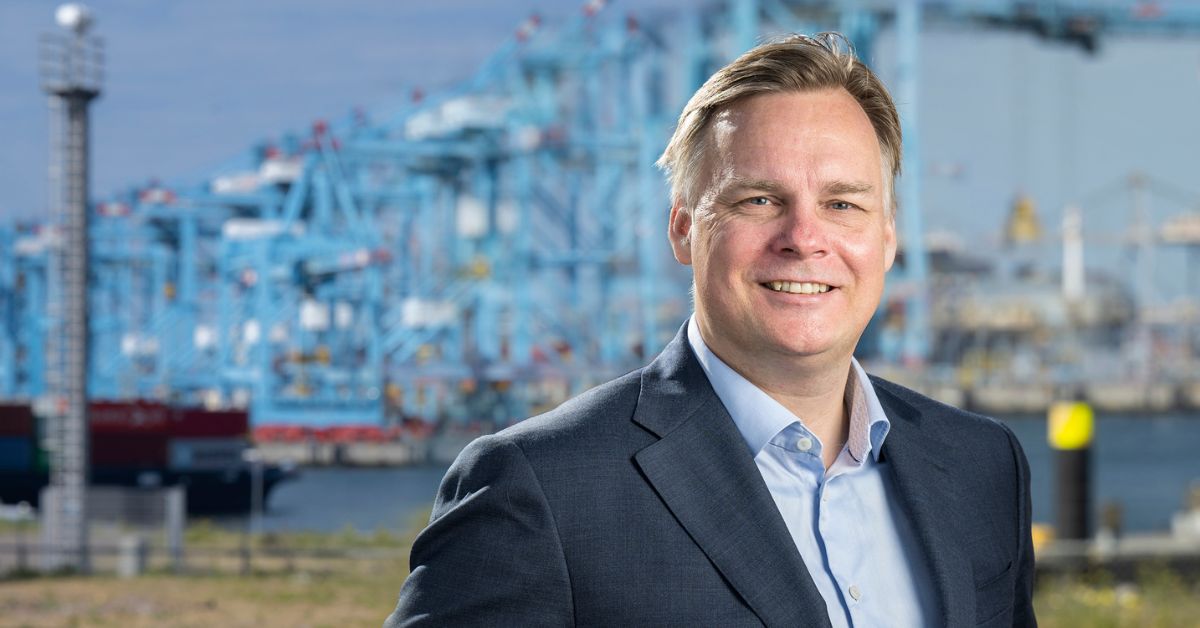He highlighted APM Terminals’ current achievement of operating on 40% renewable energy and reaffirmed the company’s ambitious goal of reaching 100% by 2030, positioning it as a leader in the industry.
APM Terminals has committed to reducing Scope 1 and Scope 2 emissions by 65% by 2030 (from a 2022 baseline) and achieving net-zero emissions by 2040. Since 2020, the company has already cut absolute Scope 1 and 2 emissions by 13%, with 40% of its electricity now sourced from renewables.
In addition to addressing its emissions, Maersk-owned port operator is taking a leading role in helping decarbonize its shipping and landside customers. One such initiative is the expansion of Shore Power facilities for vessels at port, supported by EU funding, with four more locations—Gijón, Rijeka, Aarhus, and Gothenburg—set to adopt the emissions-reducing technology.
In his address, Svendsen cited examples such as APM Terminals’ Gothenburg’s Electric Truck fast lane as creating an appetite and ease of use for its customers in creating end-to-end decarbonised logistics supply chains. While he said APM Terminals will continue to upgrade its infrastructure, he noted that “the broader port ecosystem needs to play ball, too. Achieving net zero must be a collective effort. It requires the entire industry to move forward together.”







